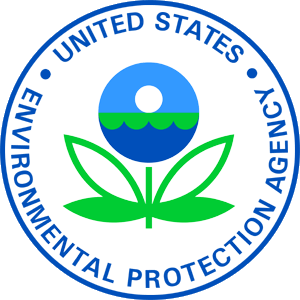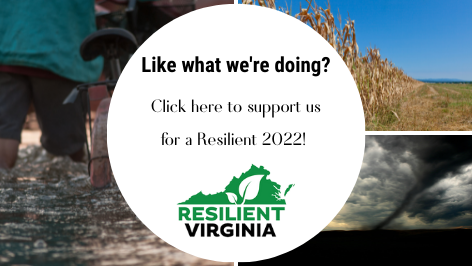
The EPA’s environmental justice screening and mapping tool (EJSCREEN) provides a nationally consistent dataset and approach for combining environmental and demographic indicators. This tool allows the user to display this information and includes a method for combining environmental and demographic indicators into environmental justice indexes.
EJSCREEN includes:
11 Environmental Indicators
- National-Scale Air Toxics Assessment (NATA) air toxics cancer risk
- NATA respiratory hazard index
- NATA diesel PM
- Particulate matter
- Ozone
- Traffic proximity and volume
- Lead paint indicator
- Proximity to Risk Management Plan (RMP) sites
- Proximity to Hazardous Waste Facilities
- Proximity to National Priorities List (NPL) sites
- Wastewater Discharge Indicator (Stream Proximity and Toxic Concentration)
6 Demographic Indicators
- Percent Low-Income
- Percent People of Color
- Less than high school education
- Linguistic isolation
- Individuals under age 5
- Individuals over age 64
11 Environmental Justice Indexes (which is a combination of environmental and demographic information)
- National Scale Air Toxics Assessment Respiratory Hazard Index
- National Scale Air Toxics Assessment Diesel PM (DPM)
- Particulate Matter (PM2.5)
- Ozone
- Lead Paint Indicator
- Traffic Proximity and Volume
- Proximity to Risk Management Plan Sites
- Proximity to Treatment Storage and Disposal Facilities
- Proximity to National Priorities List Sites
- Wastewater Discharge Indicator
Each Environmental Justice index combines demographic indicators with a single environmental indicator. This tool provides a number of capabilities including:
- Color coded mapping
- The ability to generate a standard report for a selected area
- Comparisons showing how a selected area compares to the state, EPA region or the nation





